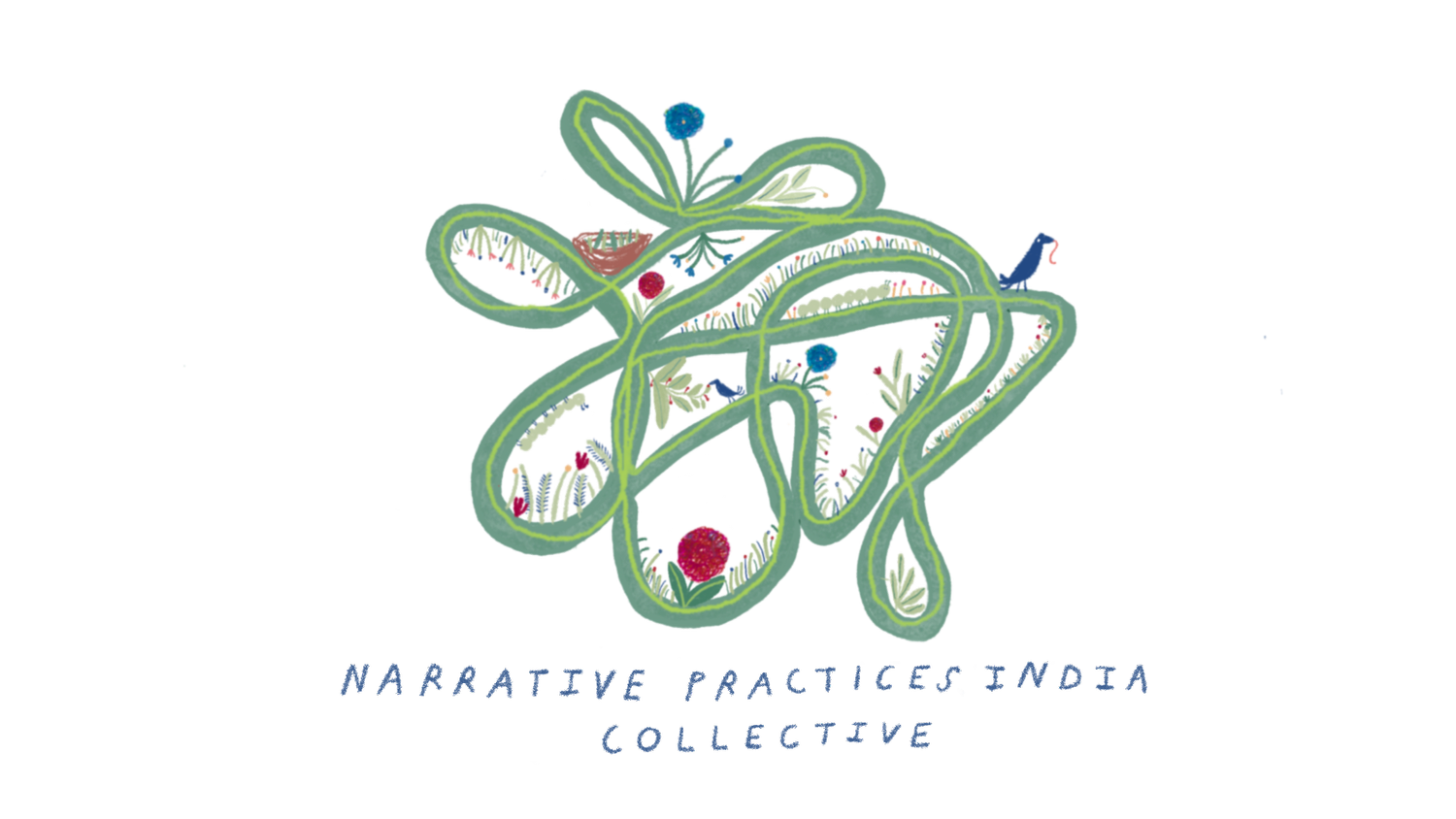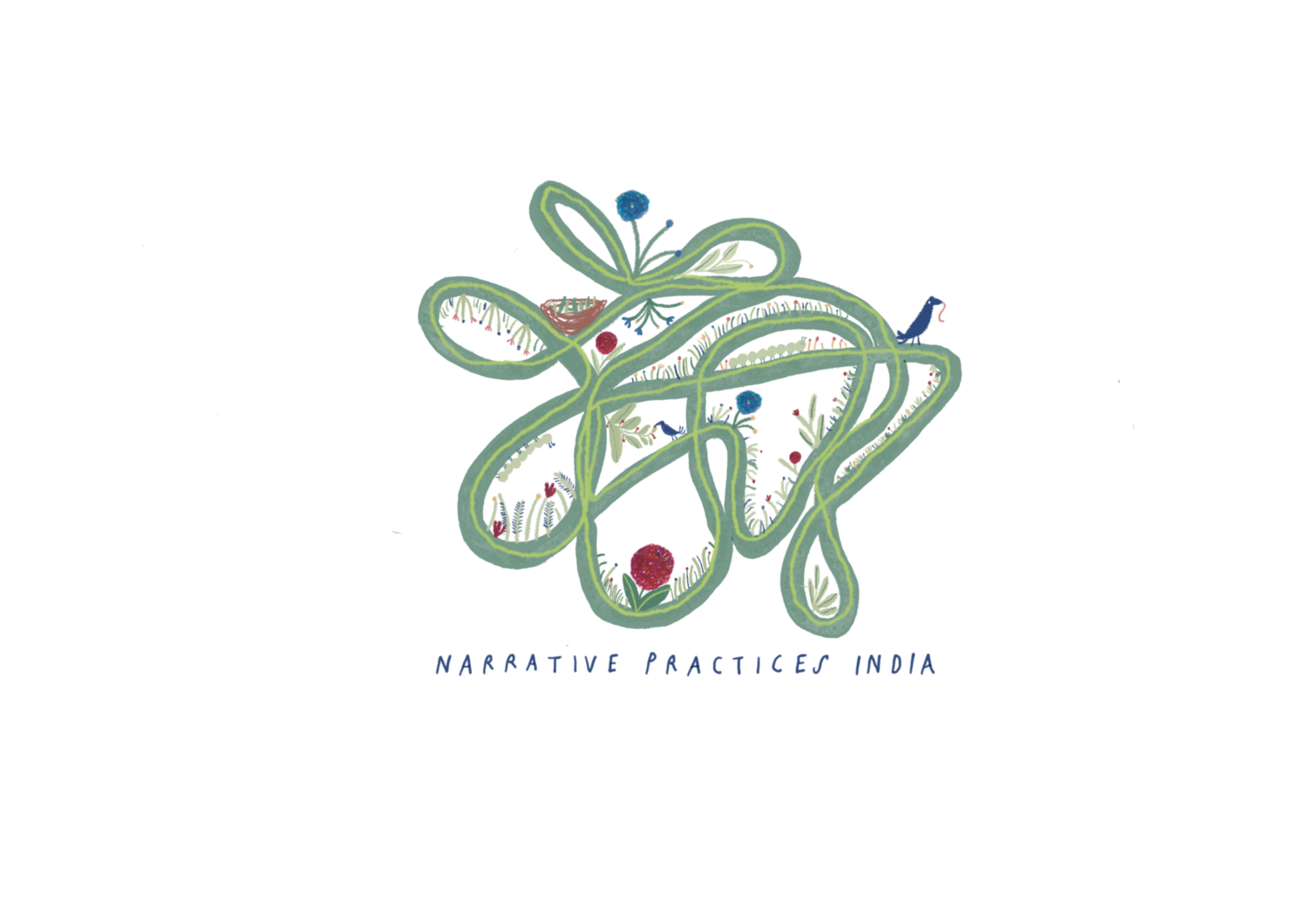Christy Nag
Christy Nag, is a community worker and educator whose work lies in the intersections of Adivasi, Workers and Child rights. Since 2016 she has been working with the Adivasi youth from tea gardens in Dooars and is a core member of Prayatn – Striving for Social Justice. She believes in collective strength and relies on the wisdom of Adivasi communities to continue the journey of resistance and social justice. According to Christy, she is a colonised Adivasi in her journey of resurgence and is convinced on the need of having a reciprocal relationship with the wisdom of Adivasi ancestors.
She has completed her M.A on Social Work specialisation in Children and Family (2015) and her M.Phil. in Social Work (2020) from TISS, Mumbai. In 2015, she worked in Nepal during the immediate relief and recovery phase post-earthquake, working specifically in the area of psychosocial support work. She is a member of the Blue Dawn and has been writing on Adivasi concerns from Adivasi perspective with by-lines in Youth ki Awaz and First Post.
About Prayatn
Prayatn is a collective of Adivasi youth in Dooars, West Bengal striving for social justice through means of education. Along with tea, tourism, and timber, Dooars region is known for its abysmally low wages, poor education, and poverty. In terms of population, majority in the tea plantation in Dooars are Adivasis, and in terms of political power Adivasis are on the margins. In Prayatn, we use Adivasi (Indigenous) wisdom of Dhumkuria and Akhra for Education to engage with local developmental issues. We view education as a way of resurgence, and a means to build our agency and nurture collective resistance against twin-colonial forces.
Dhumkuria is the space where we collectively prepare for University education and engage with local development. We have two dhumkuria – Matelli and Patibari Dhumkuria, the two are 35 km away. We organize support classes and Paulo Freire’s works on pedagogy guides us. 'Akhra for Education', an initiative to organize community libraries and study centres for children. The school in the tea plantation region does not have the required teacher-student ratio, lacks basic infrastructural support, and Adivasi students experience ethnic biases in school. Further, during covid-19 pandemic, schools were shut down for extended period. This has adversely affected the development of children and hindered their right to education. Realizing the need, we started community library and study centers in the tea gardens.

